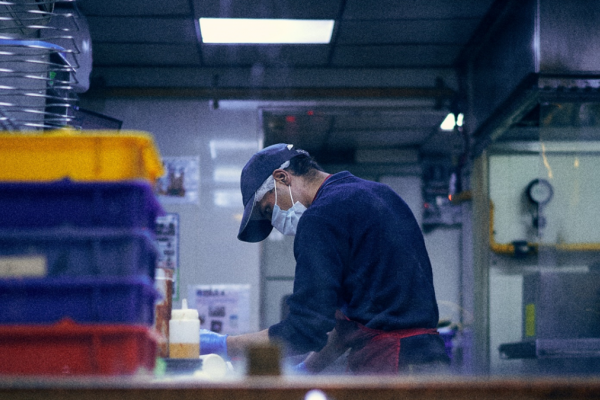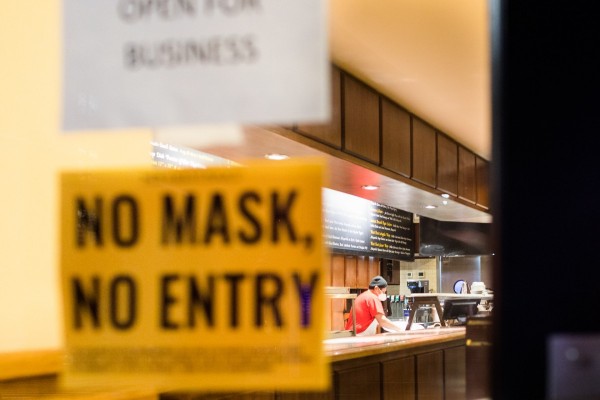In pursuit of leisure: A political imperative
I read Bertrand Russell’s compilation of essays, In Praise of Idleness, on the first day of my summer vacation. Russell makes grave predictions about the future of warfare in “Men versus Insects”; he reflects briefly on the cosmos in his essay, “On Comets” and closes with an essay titled, “What is the Soul?”
But it is the opening essay that interested me most. The essay bares the same name as the title of the compilation, “In Praise of Idleness” (1932), and it is a sweeping, vital argument. “I want to say, in all seriousness, that a great deal of harm is being done in the modern world by belief in the virtuousness of WORK, and that the road to happiness and prosperity lies in an organized diminution of work.”
I sat for a moment and thought how my boss – how any boss – would react to the idea of reducing the working week to four hour days, as Russell suggests. After composing him or herself from a round of laughter, and upon recognizing that the suggestion was made in all seriousness, a grimace would appear on the boss’s face, followed by the recommendation, in no uncertain terms, that I get back to reality – back to work.
Imagine for a moment, as Russell proposes, a four hour working day. My first book would already be published and I would be an accomplished ocean kayaker. That long wish list of to-dos – the one stuffed in your brain or a journal somewhere – would be near complete, and you would be onto new and exciting projects. I believe, once our self-serving goals are achieved, we would move toward helping others. After all, we only pamper ourselves to maintain our sanity in an increasingly stressful society, but one can only pamper so much before a sense of common humanity impels us to help others. It is a condition of humankind that we care for one another; we are simply denied this natural instinct because we are overworked and busy tending to ourselves with whatever spare time is available. It is in this state of near-constant fatigue that we struggle and try to find joy in our lives:
The pleasures of urban populations have become mainly passive: seeing cinemas, watching football matches, listening to the radio, and so on. This results from the fact that their active energies are fully taken up with work; if they had more leisure, they would again enjoy pleasures in which they took an active part.
It follows that these passive pleasures are also targeted by the ruling class. Military advertising is common at Canadian Football League games, where a tired and more-or-less passive population is invited to join the war in Afghanistan, or wherever our next war is likely to be. The federal government is certainly readying itself for another conflict – it doesn’t seem to matter where – having invested billions more in the military while neglecting any potential peacekeeping operations.
It seems appropriate, then, that we challenge our existing social structure. Why should we work for so many hours, often worn to exhaustion, yet accept so little pay? Another race would likely look at our society and regard it as unacceptable. Why, they would ask, do we work so much for the benefit of others? Why do we not pursue our own creative efforts and desires to the fullest extent?
It is worth noting that we are among the fortunate. Our wages are decent enough to eat, find shelter and – when we are not working – enjoy our wages freely, as we please. For the less fortunate majority who live in a world of starvation – the UN reported in June that, for the first time in recorded history, world hunger is expected to affect one in six inhabitants of this planet – the struggle for a decent working day is a distant dream. It is incumbent upon us, then, that we struggle for a fair wage and more reasonable working hours. Any pay raise demanded or time taken off should be regarded as a small victory. Any working hours made available from our reduced schedule should be redistributed to the poor majority.
If each of us demand more free time and relaxation, society would gradually transition and we could focus on more grave concerns that the planet’s neglected majority face on a daily basis – environmental degradation and its disastrous and often fatal consequences, state-led violence and growing inequality – in other words, precisely the issues that our leaders are so successfully exacerbating, as we will likely be the case at the upcoming G20 meeting in Pittsburgh. So on this beautiful summer day, I leave you with a simple request – take some time off. Do it in an organized fashion, and take pride in any small achievements. It will do us all a great deal of good, and move us toward a more just society. Enjoy the rest of your summer.










